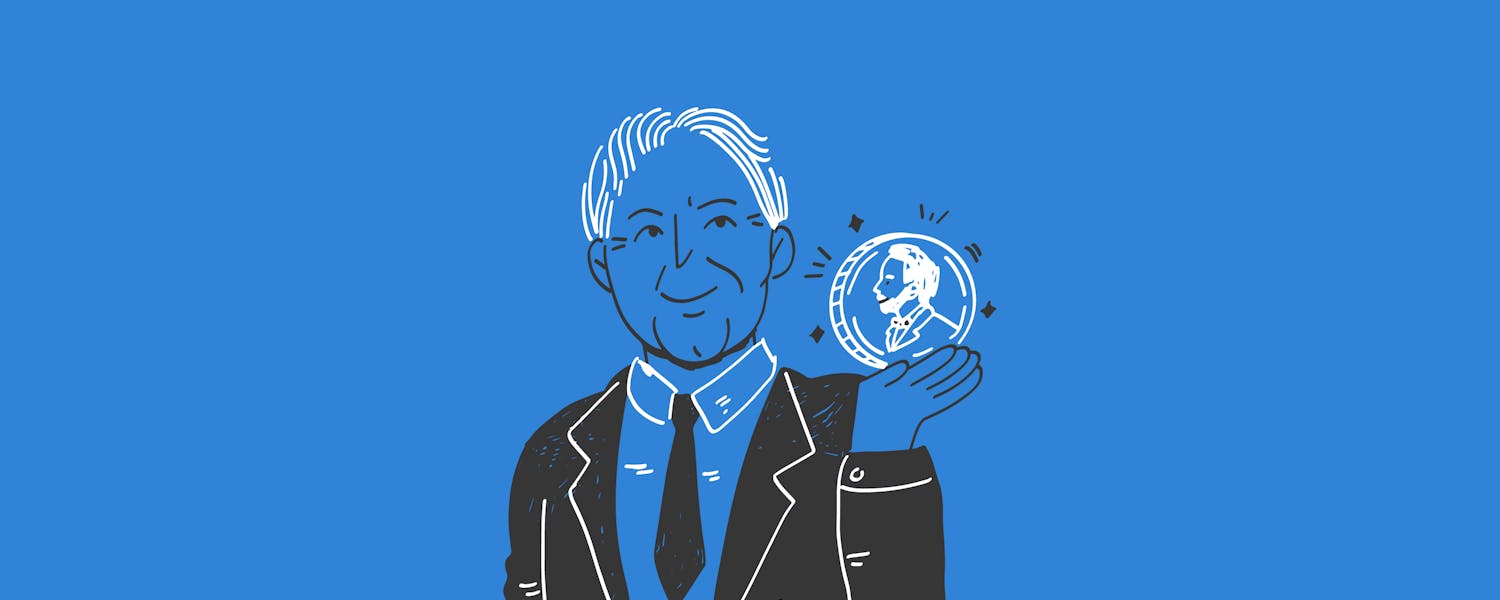5 Tips from the Nobel in economics to save money
Richard Thaler won the Nobel Prize in Economics for his contribution to behavioral economics, that is, the incorporation of psychology into economic science.
That is why we'll share 5 of his main tips for you to succeed with your economy.
1- Observe and think before acting
You pay to have a television platform with thousands of channels, but the reality is that when you get home, you don't have the time or desire to spend more than an hour in front of the television.
These types of spending decisions come from the shortcomings of our personality and we must learn to correct them with other resources without the need for unnecessary spending.
Before you buy something, sleep on it, it'll help you spend less on things you really didn't want or need.
2- Save even on the little things
If you want to travel, be an entrepreneur, buy a car, you'll have to save for the future and for that you have to eliminate unnecessary expenses from the day to day. The ideal is to put together a budget of all your expenses and know how much a week you can spend for your little guilty pleasures.
Thaler gives this example: “If the daily breakfast is with your coworkers and the alternative is to stay alone eating an apple, then that gesture will make you feel rejected or bored but don't worry, that feeling will not last like this long time”.
“Before making a purchase of more than $100 dollars, it's better to leave it for the next day. If by then we want to continue doing it, go ahead. But if we don't, then don't."
3- Practicing self-control is vital
When it comes to finances, we must learn to automate our payments, but we must also save money without making the mistake of spending it.
There are times that we forget our goals for the future because of the temptations of the present and we let ourselves be carried away by automatic decisions that are actually a snowball that will end up crushing us over time.
The money must be spent on things that you use for a long time or for most of the day. That way it'll be worth the expense.
4- Don't get carried away by fashion
One of the basic needs of human beings is to feel integrated into their group of friends or family. We want to be up to the task and we don't question our impulse purchases to counteract this, you have to see if the reason for that expense really appeals to you as much as it seems.
“The probability that the non-conscious brain will agree to buy a product on sale is too high. You have to learn to control it."
5- Spending money to buy cheap?
It's what we call a cognitive bias or distortion when perceiving the real price.
Being austere and buying cheap items does not mean that you're taking care of your money or that you know how to save; it's the opposite. Here the popular saying applies: cheap is expensive.
Poor quality items will wear out much faster and will only cause you the need to spend more money repairing or replacing them.
Richard says that once you follow these tips, your financial life will change for the better.
He says that part of that advice led him to win the Nobel Prize in Economics, so give it a try because in a few years, you may be the next one.
Dreaming is okay, right?
Article translated by Rodolfo Schaefer





